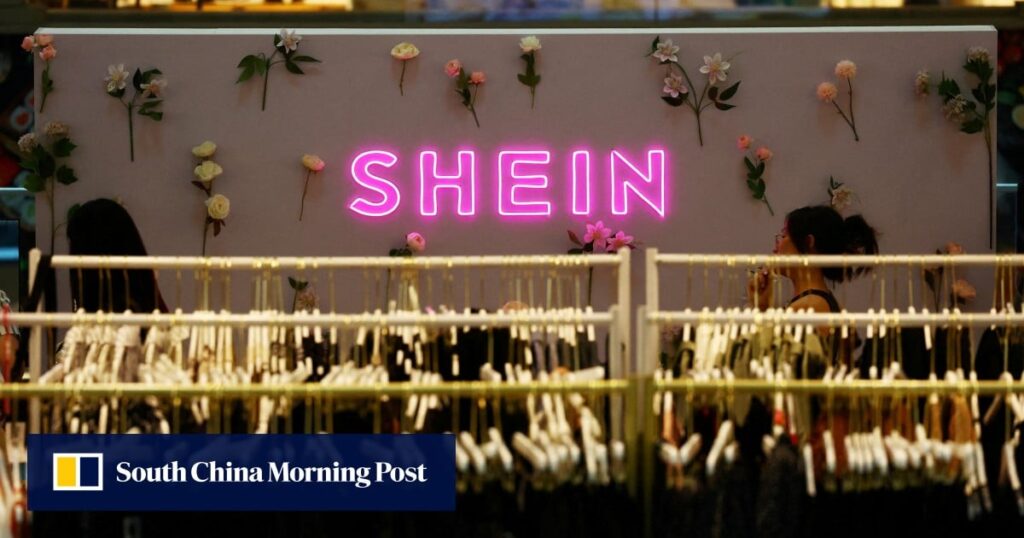Shein Must Strengthen Supply Chain and Cost Control to Sustain Growth, Experts Advise
In the fast-paced landscape of global retail, Shein must bolster its supply chain capabilities and tighten cost controls to ensure long-term growth, according to industry experts from Bain & Co and Kantar Worldpanel.
Maintaining continuous innovation in both its business model and product offerings remains key for Shein as it ascends to global prominence. Known for attractively priced apparel, such as $5 tops and $10 dresses, the Chinese-founded online fast-fashion marketplace has become a formidable player on the world stage.
"An agile supply chain and connected-commerce capabilities are necessary to maintain success in an evolving market," stated Derek Deng, a senior Bain partner based in Shanghai. "Sustainability will be achieved when Shein creates synergy between its supply chain and distribution channels, adapting swiftly to local market demands."
A prospective stock market listing marks a pivotal moment for the fast-fashion giant, realigning its operations to function as a globally recognized brand post-fundraising.
Founded in October 2008 by the elusive entrepreneur Xu Yangtian in Nanjing, the capital of eastern Jiangsu province, Shein is reportedly eyeing an initial public offering in London, potentially valuing the company at over $60 billion. While the retailer operates across approximately 150 countries, its operational core remains in mainland China, anchored by a network of over 3,000 suppliers in Guangzhou, the capital of southern Guangdong province.
Jason Yu, Kantar’s managing director for Greater China, emphasized the critical need for Shein to exercise tighter control over its manufacturing and supply chain operations. "To assure investors and clients of its brand power and organizational capability, Shein must ensure an efficient supply chain that maintains product quality, fosters innovation, and quickly brings new products to market," he stated. "Whether offering low-end or premium goods, establishing a secure foothold in its primary territory is essential to fend off global competitors."
Investors in Shein include Singapore-based Jafco Asia, IDG Capital, Abu Dhabi’s sovereign wealth fund Mubadala, and HongShan, previously the Chinese arm of Sequoia Capital. Shein’s success story is emblematic of China’s booming e-commerce sector, where platforms deliver goods ranging from bottled water to clothing, catering to millions of price-sensitive consumers.
In parallel industry trends, the Fast-Moving Consumer Goods (FMCG) market witnessed a 2% year-on-year growth between January and March, in contrast to a 5.3% growth in the gross domestic product. While sales volumes rose by 3.5% in the first quarter, average selling prices saw a 1.5% decline, according to recent reports.
"We continue to observe positive signs of recovery," noted Bruno Lannes, another senior partner at Bain in Shanghai, suggesting that eventual improvements in the FMCG sector are forthcoming. Packaged food and beverages emerged as some of the fastest-growing segments during this period. However, the average selling price for personal care products dropped by 7.5%, as budget-conscious consumers in mainland China compelled domestic brands to offer discounts for spurring sales.
This trend underscores the importance of efficient supply chain management and cost control for Shein as it navigates the complexities of a dynamic global retail environment.
Source: South China Morning Post
